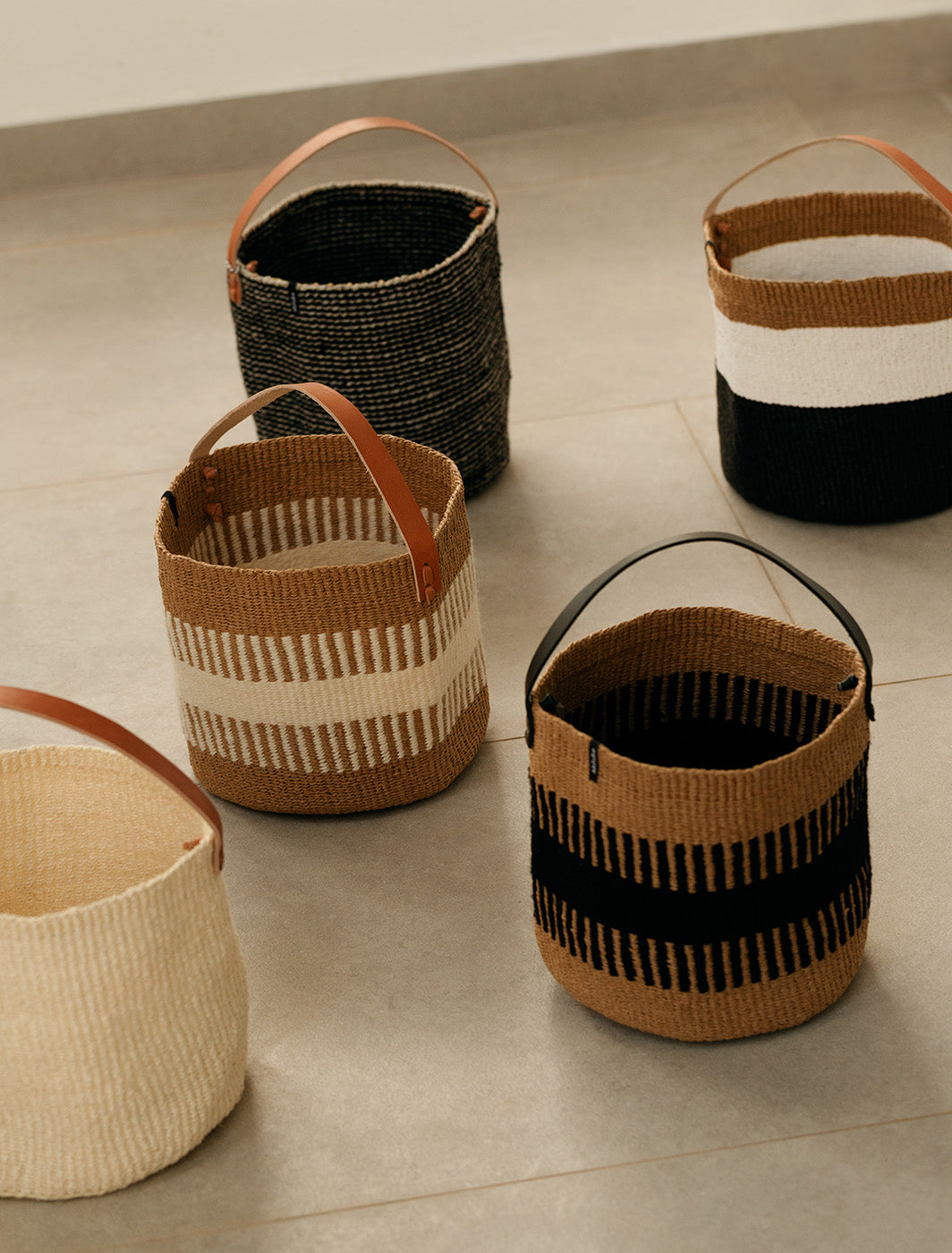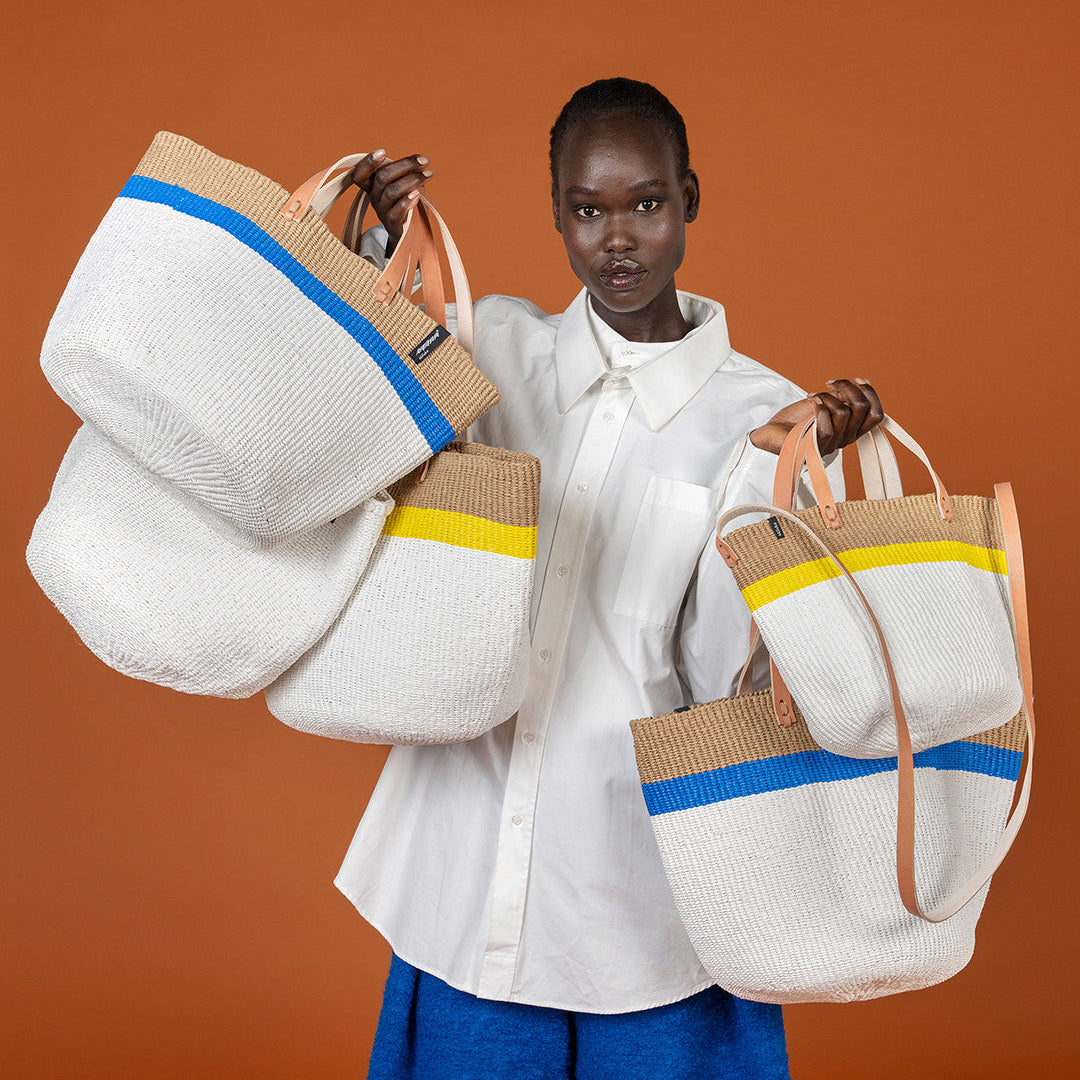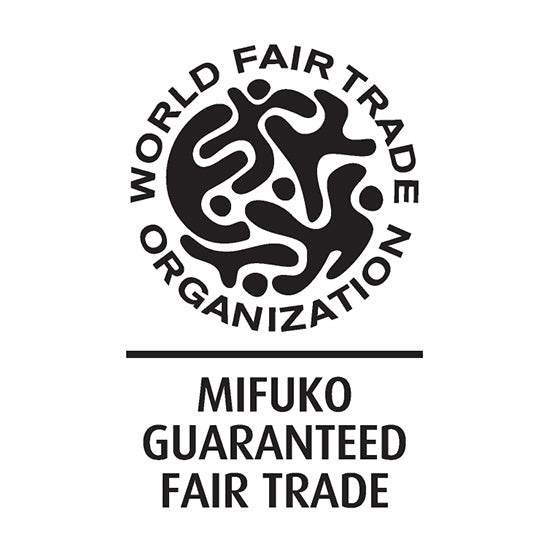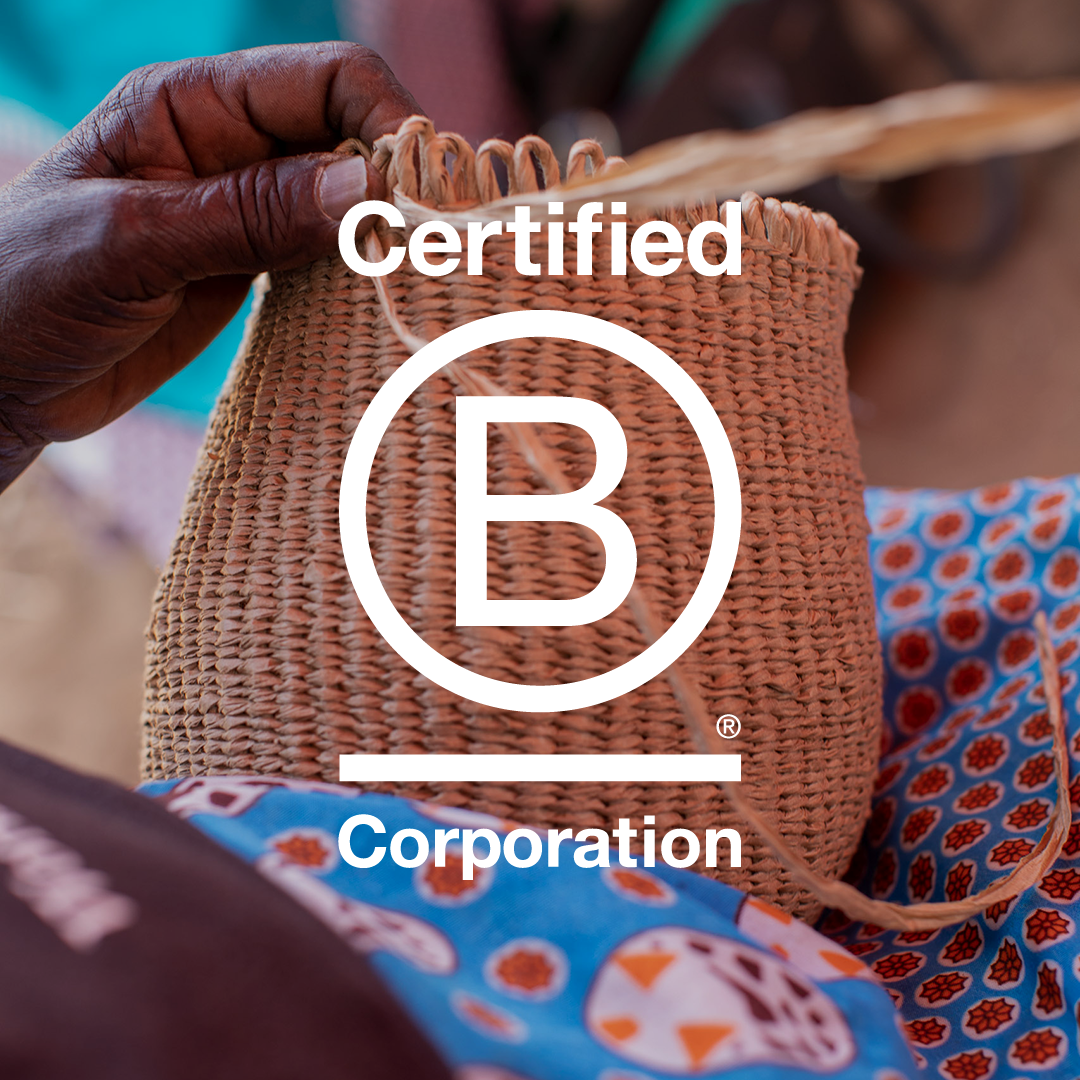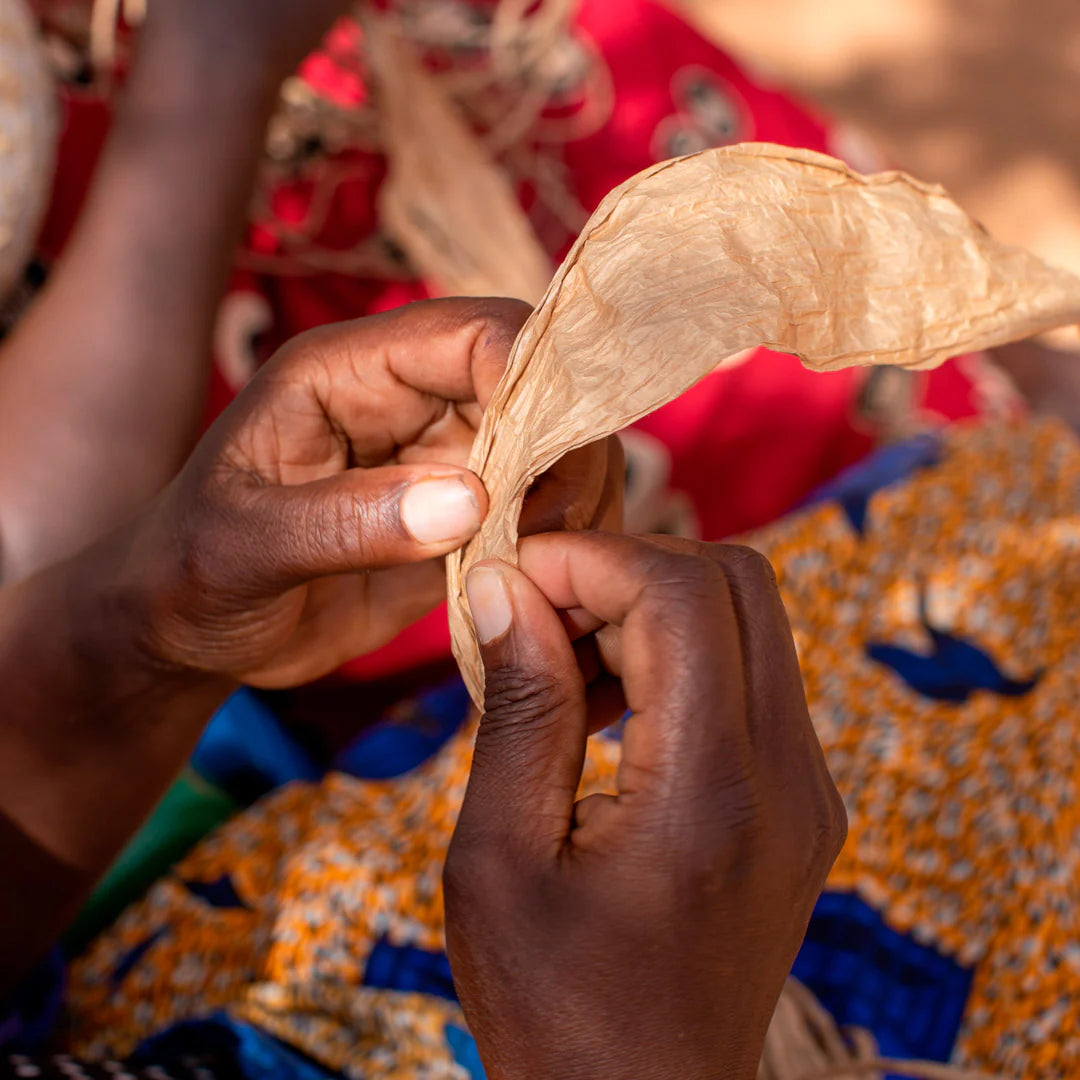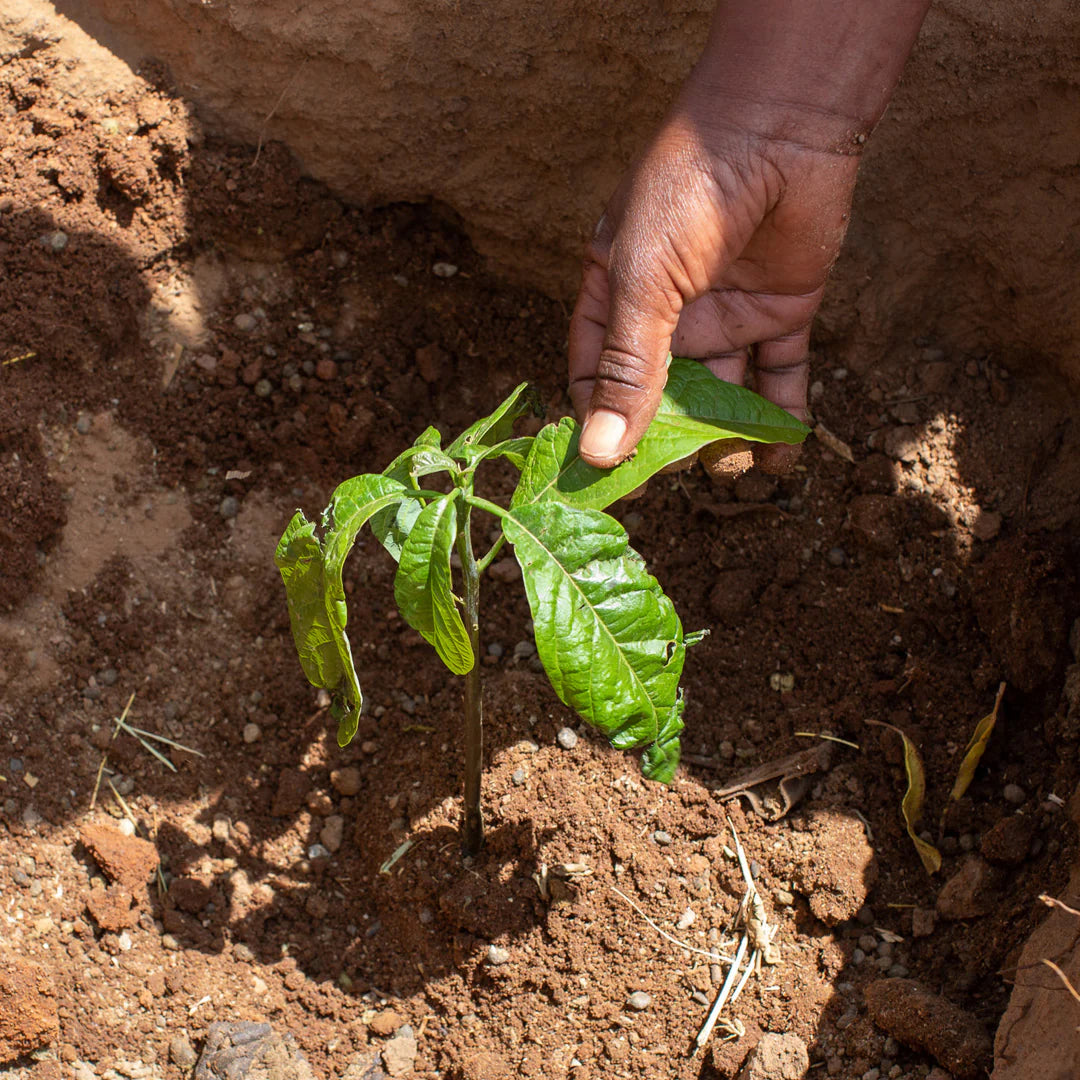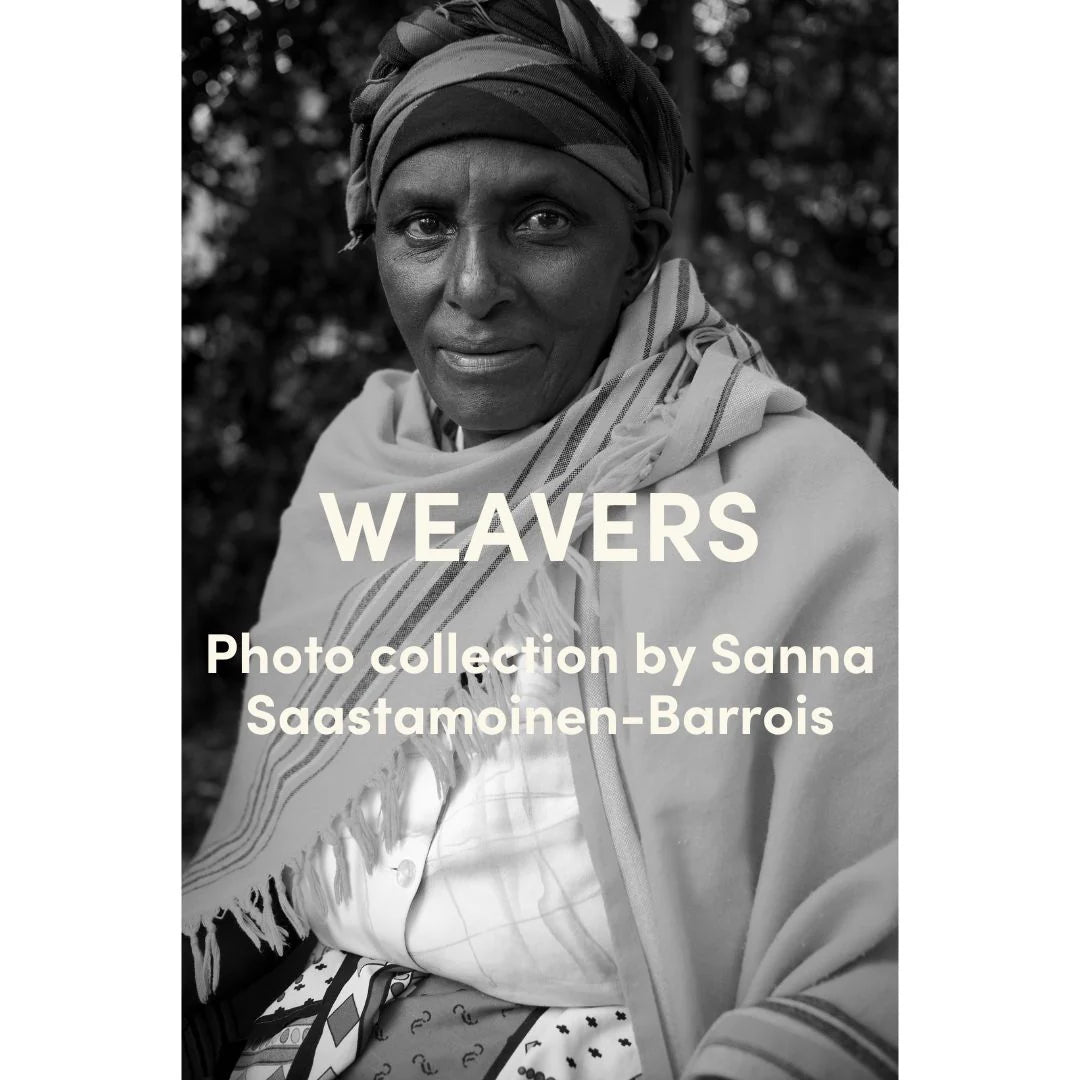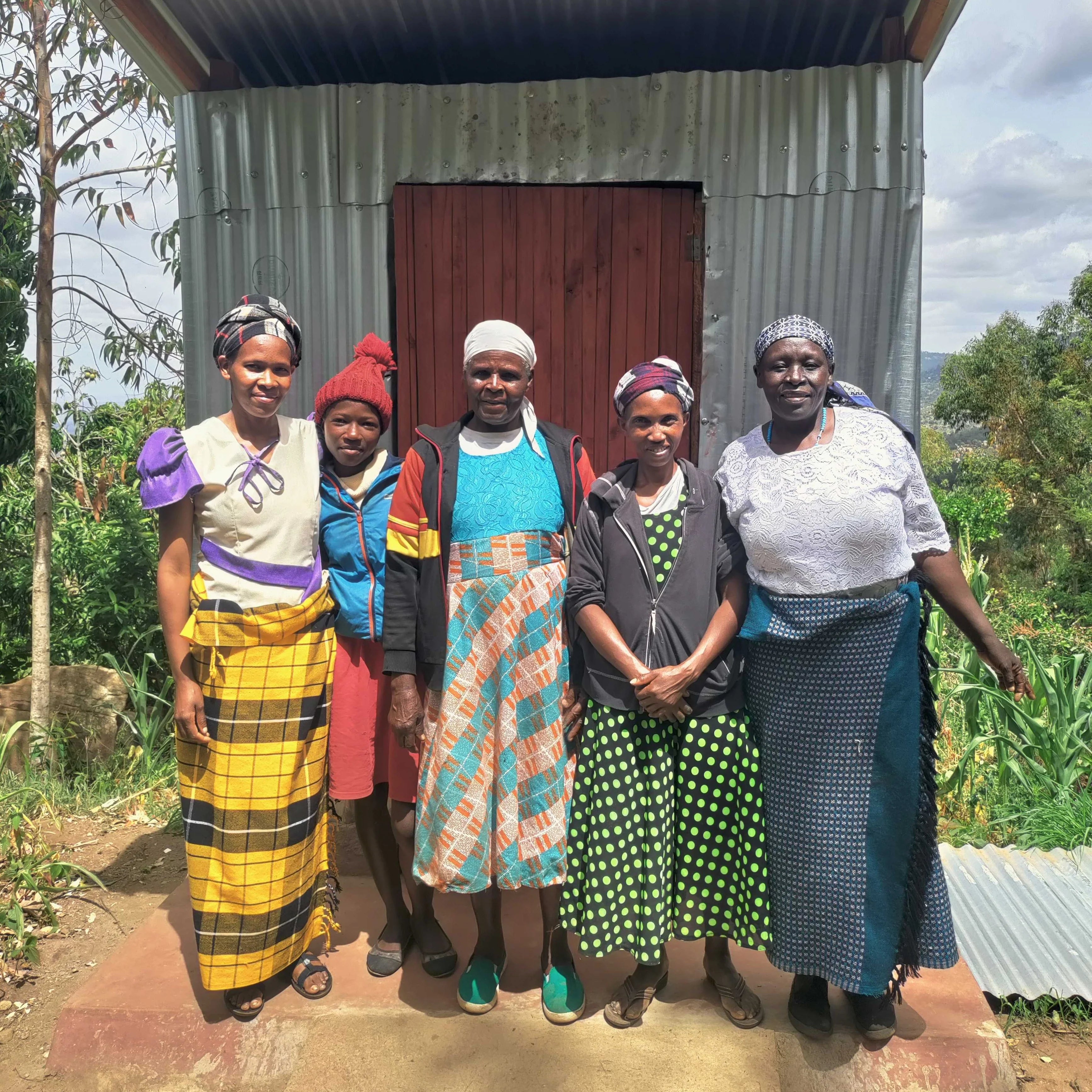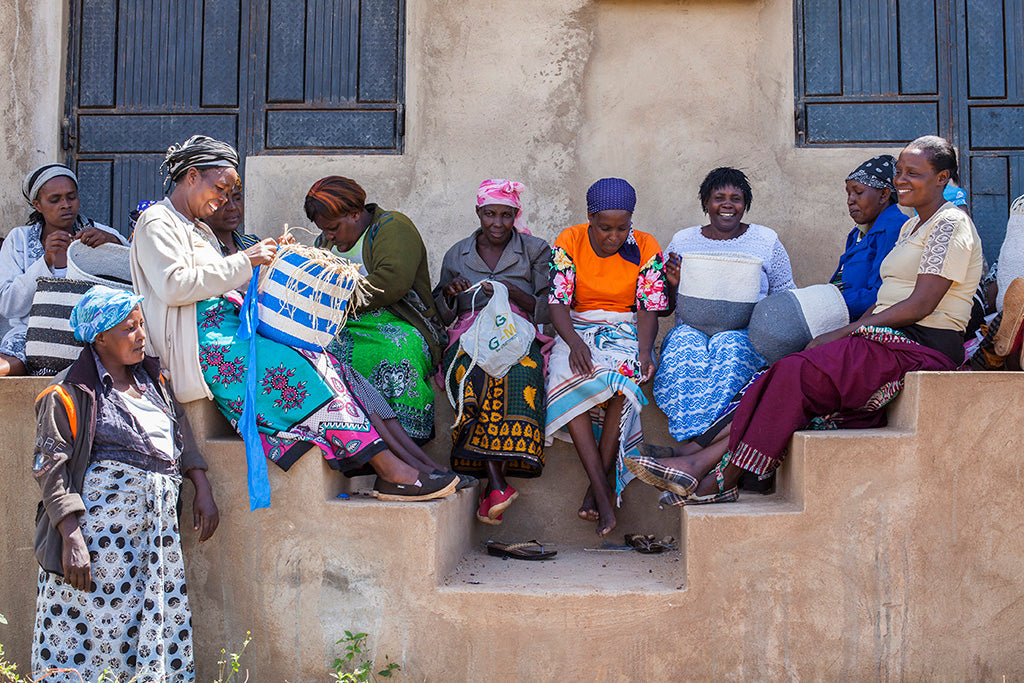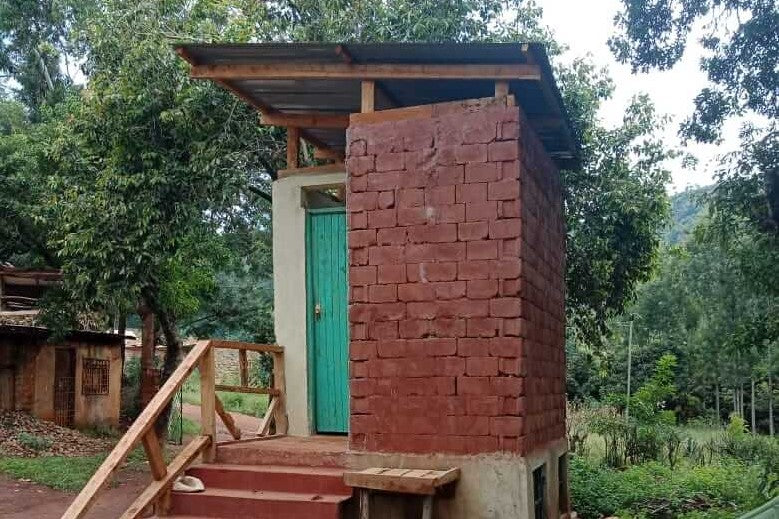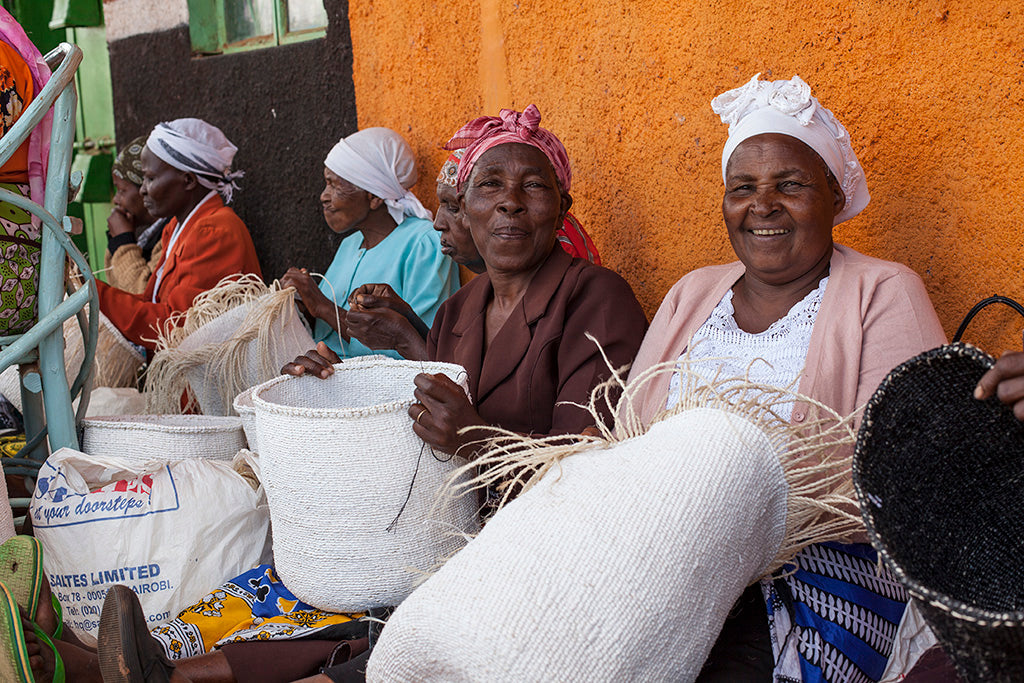Daniela Tapprest | Mifuko
Extreme poverty, i.e. people living with less than $1.90 a day, has tremendously declined in 25 years – from 36% of the World’s population in 1990 to 10% in 2015. However, since 2013 the rate of decline has slowed and more and more of the extreme poverty is concentrating in specific regions. Such a region is the Sub-Saharan Africa, where forecasts indicate that by 2030 nearly 9 in 10 of the extreme poor will live in.
Even more worrying is that poverty is not equally divided between genders: 70% of the World’s poor are women, although women make up only 50% of the World’s population. Moreover, women perform 70% of the world's working hours and earn only 10% of the World's income. A reason for this is that the work that women do is often unpaid, such as household chores and subsistence farming.
These numbers suggest that in order to diminish poverty, we should concentrate on investing in women. Moreover, according to studies, income earned by women, or under their control, is often allocated more fairly within households than by men, and is spent on the kinds of consumption which better assure familial nutrition, health and wellbeing. Women are also more likely to be risk-averse entrepreneurs and better able to incorporate compassion within business practice. Investing in women produces significant social returns, improving child survival and reducing fertility, which leads to smaller family sizes and thus less mouths to feed. Countries that invest in girls’ education also have lower rates of HIV and AIDS maternal deaths, and women will be better off participating in politics and attaining a good job.
It is important to remember that empowering women will not lead to gender equality if men are forgotten. Poverty alleviation cannot be fair if it solely relies on the efforts made by women, especially since they already have the responsibilities for childcare, farm work and other essential activities. Excluding men from these investments can excuse and/or alienate them from cooperation in this struggle. Therefore fathers, husbands and brothers should be encouraged to be part of the efforts that teach them how to build positive relationships and parenting skills. By working together with the men in the lives of women, harmful gender norms that marginalize women can be changed.
Mifuko works with over 600 artisans in rural Kenya, most of them economically disadvantaged. The majority of the artisans are women aged between 29 and 70 years, but all adults regardless of gender are free to join the groups and start producing baskets. Most of the artisans primarily earn their living as farmers and make Mifuko baskets when they have spare time. Since the artisans work in self-help groups, weaving baskets brings an important place to socialize. Making Kiondo baskets is safe also for pregnant women and breast-feeding mothers, who have returned to work.
With the help of additional income provided by making Kiondos, the families can afford to send their children to school instead of having to send them to work. The income generated from weaving baskets is also used to buy food and clothes, start a business such as a grocery store, to buy land or farm animals. The artisans are paid a higher price for a Mifuko Kiondo basket than they would earn by selling similar baskets at a local marketplace. Mifuko pays 50% for the work in advance and 50% afterwards using M-Pesa, a Kenyan mobile-phone based money transfer system. Mifuko also pays the transaction fees.
Resources:
-
The Guardian (2013) <https://www.theguardian.com/global-development-professionals-network/2013/mar/26/empower-women-end-poverty-developing-world>
-
Medium (2016) <https://medium.com/usaid-2030/5-ways-to-end-poverty-by-focusing-on-women-and-girls-93e6e045d6b8>
-
Chant, Sylvia (2016) Addressing world poverty through women and girls: a feminised solution. The London School of Economics and Political Science. <http://eprints.lse.ac.uk/68589/1/Chant_Addressing%20world%20poverty_2016.pdf>
-
The World Bank (2018a) Poverty and shared prosperity 2018: Piecing together the poverty puzzle. World Bank Publications, Washington.
-
The World Bank (2018b) The number of extremely poor people continues to rise in Sub-Saharan Africa. The Data Blog, The World Bank. <https://blogs.worldbank.org/opendata/number-extremely-poor-people-continues-rise-sub-saharan-africa>, retrieved 21.4.2019.
-
The World Bank (2018c) Decline of global extreme poverty continues but has slowed: World Bank. Press release 19.9.2018, The World Bank. <https://www.worldbank.org/en/news/press-release/2018/09/19/decline-of-global-extreme-poverty-continues-but-has-slowed-world-bank>, retrieved 21.4.2019.

